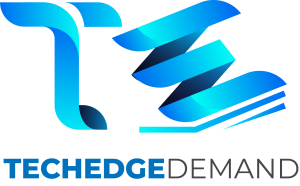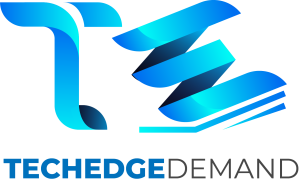Procurement and Uber Freight US have partnered to provide fresh produce growers with a new way to source and schedule transportation at competitive pricing.
According to a press release, the collaboration combines Procurant’s cloud-based software for the food supply chain with Uber Freight logistics solutions, which offer reliability, flexibility, and transparency for shippers and carriers.
This partnership is a game-changer for grocery shops and their produce suppliers, and it will give an industry struggling with rising transportation costs and truck availability badly needed relief, according to Eric Peters, CEO of Procurant.
Produce suppliers will have access to the new Procurant Ship technology made possible by this collaboration, allowing them to view reasonable shipping prices. The statement claims that they may check the real-time in-transit status within the Procurant order management platform and ensure the transportation of cargo while reacting to an active purchase order.
Additionally, it speeds up the carrier selection process by providing quick access to the available carrying capacity.
Since freight rates are still unpredictable, this technology helps producers identify trustworthy, secure, and effective transportation carriers, guaranteeing that the food is delivered on time and is still fresh, said Matt Menner, head of 4PL sales for Uber Freight in the east.
In “this exciting cooperation with Procurant,” Menner stated, “we strengthen the resilience of product supply chains by decreasing waste, maintaining cost-effectiveness, transporting product more effectively, and ultimately better supporting the communities we serve.”
Despite the $3 trillion-plus market for fresh food worldwide, Gary Loh, CEO of DiMuto, stated in an August interview that the agriculture sector frequently still relies on paper paperwork and manual business practices.
Given the industry’s small profit margins, even a 1% waste factor can reduce profits by 30% or more, according to Loh.









